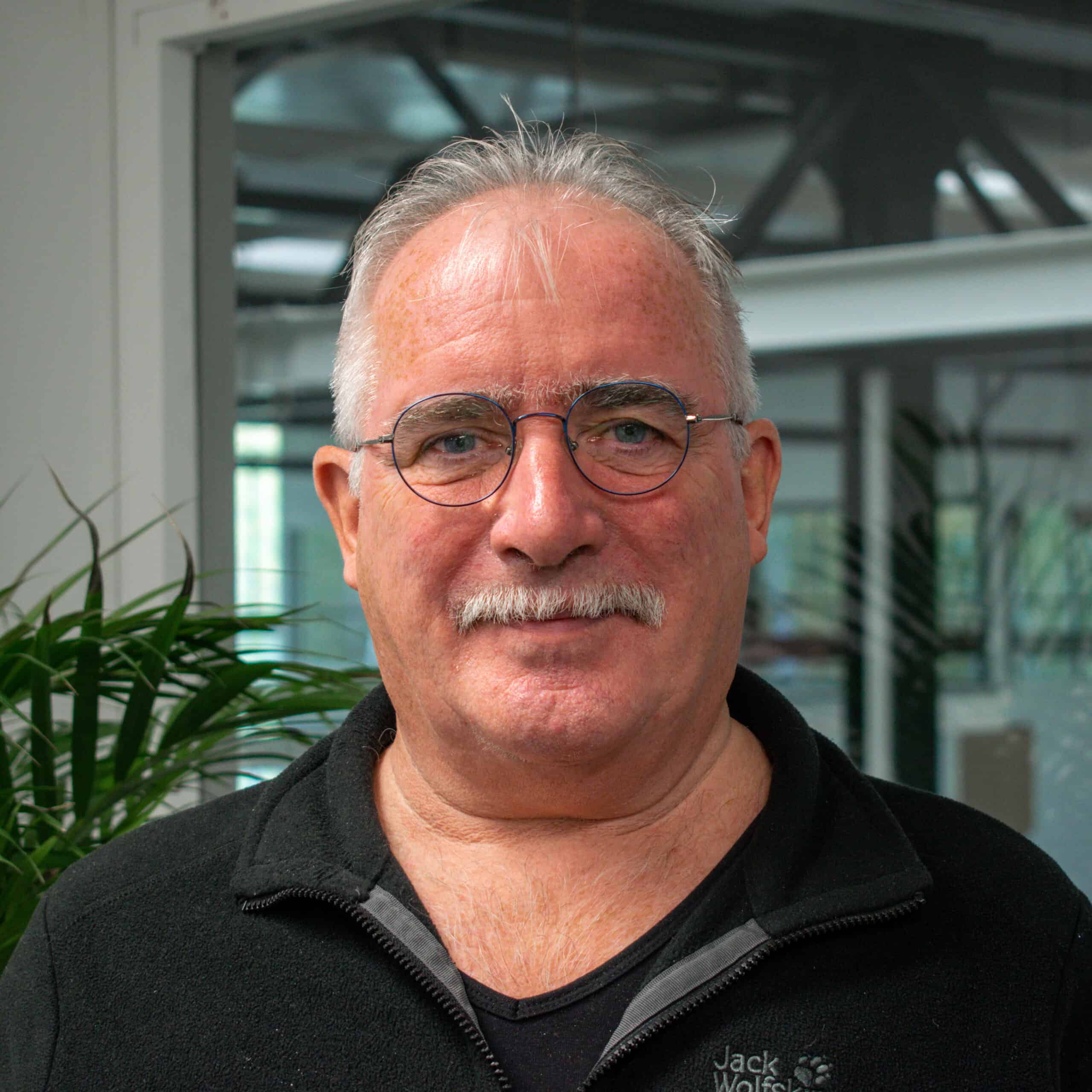
What do you do when all of a sudden lots of people want to charge their mobile phone & accessories, but there is no infrastructure available? It’s very simple: make ‘upcycled’ discarded solar panels available as separate modules. Not only at major events and festivals, but also in the event of natural disasters or crisis situations where suddenly a lot of people need to make phone calls. This was precisely the idea of the Suncrafter inventors. A Berlin-based start-up that wants to supply clean electricity all over the world and at the same time stimulate the circular economy by ‘upcycling’ discarded collectors from solar parks. Innovation Origins spoke with Lisa Wendzich, who set up the sustainable start-up together with her partner Bryce Felmingham.
What was the reason for setting up Suncrafter?
The idea for SunCrafter first came up when large numbers of refugees arrived in Europe back in 2015. There was a great need for a way to charge mobile phones. There wasn’t any kind of reliable ad hoc power source available. We saw an opportunity to give people in these situations direct access to energy by supplying small solar panels. But it goes much further than that. There are still a billion people worldwide who have no access to electricity. Financial resources are a problem, but technical fixes are also lacking. This is where we come into the picture!
With falling prices for solar panels, maintenance became unprofitable for the industry. Instead of locating and repairing the defect in a solar panel, modules are all now just simply being replaced. Around 80 million tons of old solar panels are expected to turn up in 2050. Recycling is costly and highly energy-intensive. We came up with the idea of converting old solar panels into new modules. Completely in line with the principle of the circular economy. The technical expertise for this comes from my father and my partner, who both carried out maintenance on solar collectors as independent entrepreneurs.
So what’s special about those modules?
The special feature of our modules is the technology that’s behind them. It enables the modules to produce reliable green electricity without any additional components. This gives us a power source that can be used by anyone who does not have any technical expertise. The panels are extremely robust and resistant to external influences, yet still affordable. In our opinion, these are decisive factors when it comes to making electricity available to everyone whatever the situation.

Were there any obstacles that almost forced you to give up?
Of course there were. As a start-up, you are always faced with a lot of difficult decisions. Especially if you are financing yourself and you also want to experience growth organically. Even more so when it involves investment decisions. The responsibility to pay your own employees fairly is huge. For now, our decision to refrain from working with investors and potentially put that responsibility in the “wrong” hands also plays a role here.
What occasions are you particularly proud of?
In 2019 we finally succeeded in bringing the first modules to energy-poor regions outside of Europe. For example, we were given the opportunity to set up a pilot project in a local settlement in the Brazilian Amazon so that we could test our product in practice. At the same time, we were able to provide the people there with a reliable source of energy, who at the best of times only have electricity for a few hours a day. This made a substantial contribution to their quality of life.
Situations like this show that our work here does indeed have a lot of potential and deeper significance. We are also proud of the fantastic partners we have recently gained. It’s terrific and crucial that interest in renewable energies continues to grow and that we can work together to come up with solutions.
What are your plans for the future?
At the moment we are focusing on the urban market. Energy solutions for micro-mobility are a hot topic. It highlights an acute problem that we can directly address with our product. At the same time, we are expanding our network in the energy sector. We continue to work with partners in energy-poor regions on pilot projects and product testing. We want to make our solution available there as soon as possible. Once we meet all the requirements for international aid – which are extremely high – we will be able to work towards our original goal of helping people in disaster areas and refugee camps.
And when will that goal be achieved?
When access to clean electricity is widely available, especially in the southern hemisphere, and recycling management and renewable energies go hand in hand as naturally as possible …
Read more articles about start-ups here.
Read other articles about solar panels via this link.








